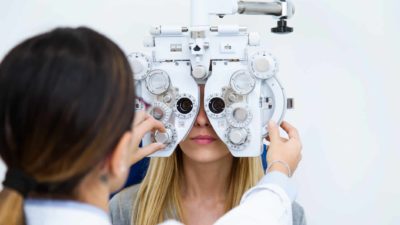The Paradigm Biopharmaceuticals Ltd (ASX: PAR) share price isn't letting the market weakness hold it back today.
In morning trade, the biopharmaceutical company's shares are up 20% to $1.15.
Why is the Paradigm share price surging higher?
The catalyst for the strong rise by the Paradigm share price on Thursday has been the release of a positive announcement.
According to the release, the company has received official acceptance of an Australian patent application for the "treatment of bone marrow pathologies with polysulfated polysaccharides."
Paradigm's patent will expire in over 15 years on 6 August 2038.
The release notes that the first claim of the accepted patent refers to a method of improving knee function where the subject has a bone marrow lesion and osteoarthritis in a knee by administering pentosan polysulfate sodium (PPS).
It is also worth noting that there is only one FDA approved manufacturer of PPS, Bene pharmaChem. Pleasingly, Paradigm has an exclusive, sub-licensable, global supply agreement with Bene pharmaChem for the manufacture and commercial use of PPS for multiple indications extending for 25 years post first marketing approval.
What about in the US?
Readers may recall that earlier this year the company revealed that the US patent office rejected its patent application.
However, the release notes that this Australian patent was the same one the US rejected. Furthermore, the US rejection was not a final rejection.
In light of this, the market appears optimistic that Paradigm's next attempt to get its US patent application accepted may be successful. Paradigm intends to file its response to the US patent and trademark office by the end of July.
Paradigm's Chairman, Paul Rennie commented:
It is very exciting for the Company's strategic plans to have a patent which claims the treatment of people with osteoarthritis and bone marrow lesions with pentosan polysulphate sodium (PPS) and we expect further acceptance and grants in other territories in the coming months. We continue to work in partnership with our patent attorneys to proactively prosecute new patents to extend our protection on the use of PPS in disease indications with unmet medical needs.









